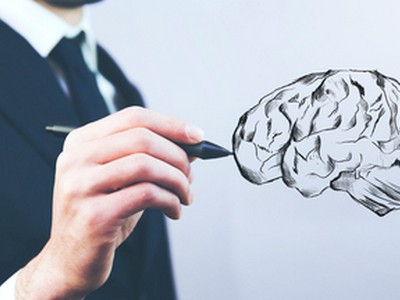
Anxiety And Depression Quotes Psychologist Surfers Paradise (07) 5539 9798
Depression Psychologist Surfers Paradise

Introduction: Depressive Symptoms Psychologist Surfers Paradise
Anxiety is a typical psychological health condition that affects millions of individuals worldwide. It can manifest in numerous methods and impact every aspect of an individual's life, from their relationships to their work performance. Recognizing the indications of stress and anxiety is essential for early intervention and efficient treatment. In this article, we will explore the insights from a Surfers Paradise psychologist on how to recognize the signs of stress and anxiety and look for proper help.
What is Anxiety?
Before diving into the signs of stress and anxiety, it's essential to comprehend what stress and anxiety actually is. Stress and anxiety is more than simply feeling stressed or concerned; it is an extreme and consistent fear or worry about everyday scenarios. It exceeds normal surfersparadisechiropractic.com.au apprehension and can be incapacitating for those who experience it.
Anxiety conditions are a group of psychological health conditions identified by extreme worry and concern. These disorders can vary from generalized stress and anxiety condition (GAD) to worry condition, social stress and anxiety condition, and specific fears. Anxiety Or Depression Psychologist Surfers Paradise Near Me Each type of anxiety condition has its own unique set of signs and triggers.
Identifying the Indications of Anxiety
Physical Symptoms
Cognitive Symptoms
Emotional Symptoms
Behavioral Symptoms
FAQs about Anxiety
- While stress and anxiety and anxiety are two separate psychological health conditions, they often exist together. Anxiety is characterized by extreme fear or worry, while anxiety involves relentless sensations of unhappiness, despondence, and loss of interest in activities.
- Yes, anxiety is considered a mental disorder. It falls under the category of stress and anxiety disorders, which are diagnosable conditions that require treatment.
- Normal tension is a short-lived action to tough circumstances, while stress and anxiety is persistent and extreme fear or worry. If your feelings of stress are interfering with your life and wellness, it may be worth seeking expert help to determine if you have an anxiety disorder.
- While there is no definitive cure for stress and anxiety conditions, they can be effectively handled with therapy, medication, and self-help strategies. Many people with stress and anxiety conditions experience significant improvements in their symptoms with proper treatment.
- Certain lifestyle modifications and relaxation strategies such as exercise, meditation, deep breathing workouts, and maintaining a healthy diet plan can assist alleviate symptoms of stress and anxiety. However, it is necessary to consult with a healthcare professional before relying exclusively on natural remedies.
- It's recommended to look for expert help if your anxiety symptoms substantially disrupt your every day life, relationships, work performance, or total well-being.
Emotional Anxiety Psychologist Surfers Paradise
Major Depressive Disorder Recurrent Episode Psychologist Surfers Paradise Near MeConclusion
Identifying the indications of stress and anxiety is essential for early intervention and reliable treatment. By acknowledging the physical, cognitive, psychological, and behavioral symptoms associated with anxiety conditions, people can look for appropriate assistance from a Surfers Paradise psychologist or other psychological health specialists. Keep in mind, stress and anxiety is a treatable condition, and with the best assistance, people can lead satisfying lives free from the constraints of extreme fear and worry. Don't be reluctant to connect for assistance if you or somebody you know is experiencing symptoms of anxiety.
What To Do When Depressed Psychologist Surfers Paradise
Surfers Paradise Chiropractic Centre-Dr. Bruce Whittingham
12 Thomas Drive, Surfers Paradise QLD 4217
(07) 5539 9798
https://surfersparadisechiropractic.com.au